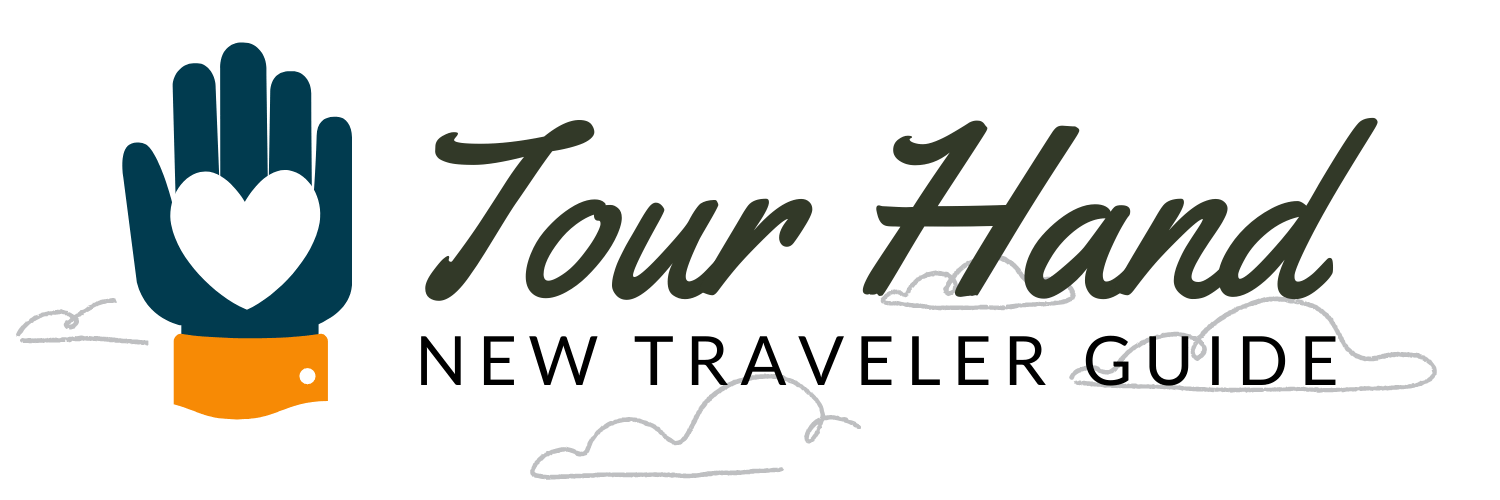Budgeting
When it comes to planning a tour, budgeting is a crucial aspect that needs careful consideration. Whether you are planning a solo adventure, a family vacation, or a group trip, having a well-planned budget can make your experience more enjoyable and stress-free. Here are some important tips to help you budget for your next tour:
1. Set a Realistic Budget
Before you start planning your tour, it’s essential to set a realistic budget based on your financial situation. Consider your income, expenses, and savings to determine how much you can afford to spend on your trip. Be honest with yourself and avoid overestimating your budget to prevent any financial strain during or after the tour.
2. Research Destination Costs
Every destination has its own unique costs associated with accommodation, transportation, food, activities, and attractions. Research and gather information about the average prices in your chosen destination. This will give you a rough estimate of how much you need to allocate for each aspect of your tour.
3. Prioritize Expenses
Once you have a clear idea of the costs involved, prioritize your expenses based on what matters most to you. Determine which aspects of your tour are non-negotiable, such as accommodation and transportation, and allocate a larger portion of your budget to these essentials. You can then adjust your spending on other activities and luxuries accordingly.
4. Create a Daily Spending Plan
Break down your budget into a daily spending plan to keep track of your expenses during the tour. Consider factors such as meals, transportation, entrance fees, and any additional costs. By having a daily spending limit, you can avoid overspending and ensure that you stay within your budget throughout the tour.
5. Look for Affordable Accommodation Options
Accommodation can often be one of the most significant expenses during a tour. Consider staying in budget-friendly accommodations such as hostels, guesthouses, or vacation rentals. These options are not only cost-effective but can also provide unique experiences and opportunities to meet fellow travelers.
6. Plan Meals and Eating Out
Eating out can quickly add up to your expenses. To save money, consider planning some of your meals in advance. Look for accommodations with kitchen facilities where you can prepare your own meals. Additionally, explore local markets and street food stalls for affordable and authentic dining experiences.
7. Research Transportation Options
Transportation costs can vary significantly depending on your destination. Research and compare different transportation options such as public transport, rental cars, or ridesharing services. Opt for cost-effective alternatives that suit your needs and preferences.
8. Set Aside an Emergency Fund
Unforeseen circumstances can arise during a tour, leading to unexpected expenses. It’s always wise to set aside an emergency fund to cover any unforeseen costs such as medical emergencies, lost belongings, or last-minute changes in plans. Having this buffer will provide peace of mind and prevent any financial stress.
9. Track Your Expenses
Throughout your tour, keep track of your expenses to ensure that you are staying within your budget. Use a budgeting app or a simple notebook to record your spending. Regularly reviewing your expenses will help you identify any areas where you may need to adjust your spending to stay on track.
10. Be Flexible and Open to Alternatives
Lastly, be flexible and open to alternatives during your tour. Sometimes unexpected opportunities or cost-saving alternatives may arise. By being open-minded, you can make the most of your budget and create memorable experiences without compromising on quality.
By following these budgeting tips, you can plan a tour that aligns with your financial capabilities while still enjoying all the wonderful experiences your chosen destination has to offer. Happy budgeting and safe travels!
